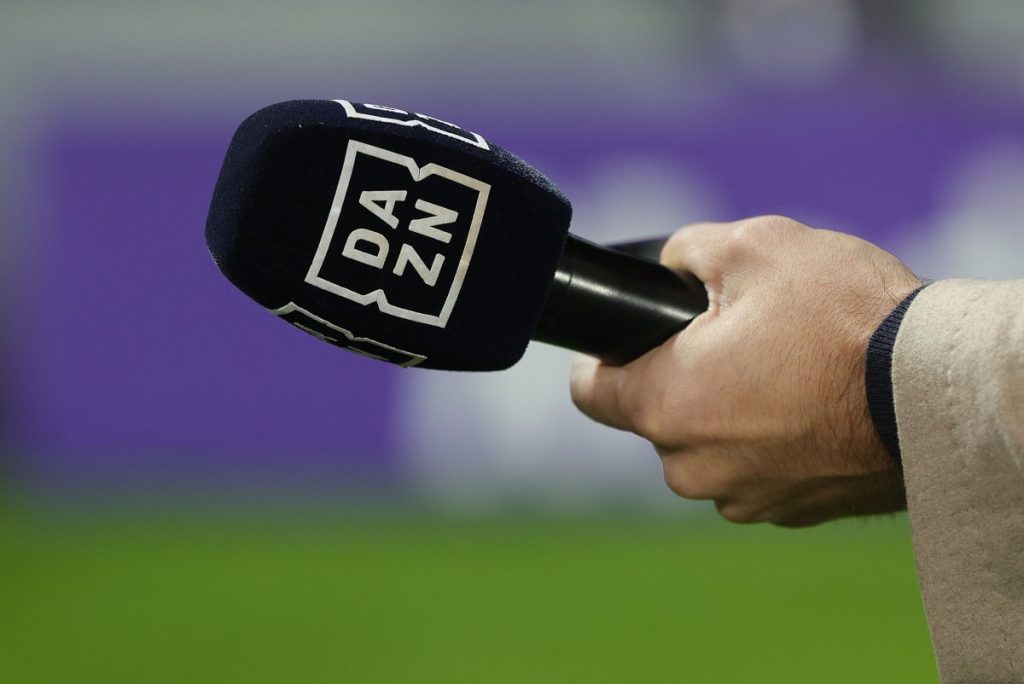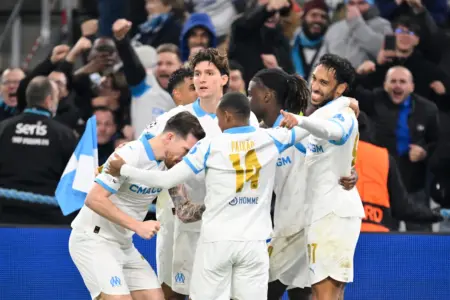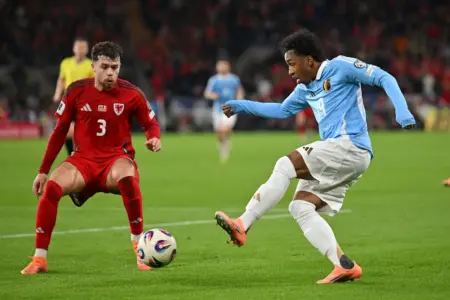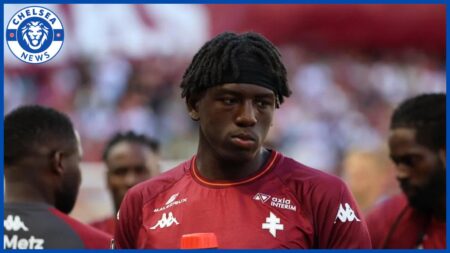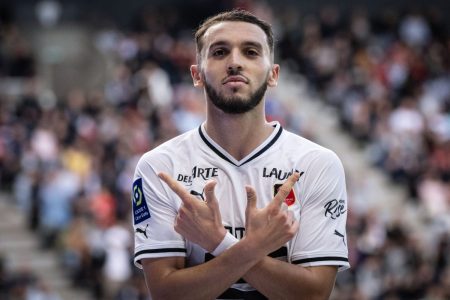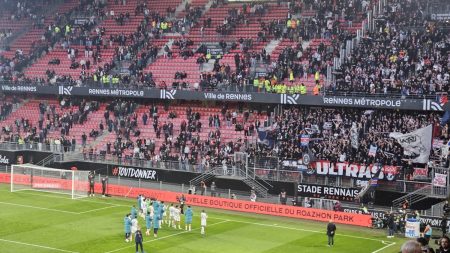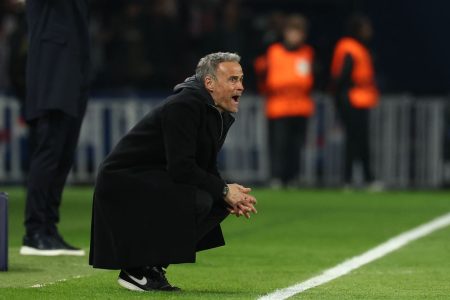A Romantic Tangle: DAZN France and the LFP
Brice Daumin, the CEO of DAZN France, has found himself in a heated public dispute with the LFP (Ligue de Football Professionnel), the governing body of France’s top-tier football league, Ligue 1. In an interview with Le Figaro, Daumin expressed his deep dissatisfaction with the LFP’s decision to take legal action against his company. The crux of the matter lies in the TV rights money share, with DAZN France only paying €35 million of the expected €70 million to Ligue 1 clubs in February. The remaining €35 million has been frozen, a move that has sparked significant tension between the two parties.
The Unfulfilled Subscriber Promises
DAZN’s primary grievance is the misrepresentation of the potential subscriber base in France. The British broadcaster had high hopes for the number of new subscribers they would attract after acquiring the majority of Ligue 1’s domestic TV rights. However, the reality has fallen drastically short of these expectations. Reports indicate that DAZN has managed to acquire only 500,000 new subscribers since securing these rights, a figure far below what was initially projected. This shortfall has had substantial financial implications for DAZN and has led to their decision to withhold half of the payment, reflecting their disappointment and concern about the viability of the contract.
Editorial Support: A Missing Ingredient
Adding to the strain is the perceived lack of editorial support from Ligue 1 clubs. DAZN, like any broadcaster, relies heavily on high-quality content to attract and retain subscribers. According to Daumin, the clubs have not provided the necessary assistance and content, which has further hindered DAZN’s ability to meet its subscriber targets. This lack of collaboration is seen as a significant breach of the trust and partnership that should exist between the broadcaster and the league. Daumin’s frustration is palpable, and he views this as a critical factor in the current legal impasse.
The Piracy Conundrum
The battle against piracy is another crucial area where DAZN feels the LFP has fallen short. Daumin points out that Arcom, France’s independent public authority responsible for combating piracy, is not adequately equipped to handle the issue. He cites the stark contrast between the efforts in Italy, where DAZN can block 18,000 piracy links in just two days, and France, where Arcom manages to block only 5,000 links per year. This disparity is alarming, as it suggests that the LFP and its regulatory partners are not taking the necessary steps to protect the value of the TV rights. Daumin emphasizes that this is a systemic problem that needs urgent attention, likening the situation to buying a pan and receiving a colander—a metaphor that aptly captures the feeling of receiving something far less valuable than what was anticipated.
Seeking a Collaborative Solution
Despite the current legal action, Daumin remains optimistic about finding a resolution outside the courtroom. He believes that the issues at hand can and should be addressed through dialogue and cooperation. "Nothing can be solved in court," he asserts, indicating a preference for a more amicable approach. Daumin’s statement reflects a broader sentiment in the industry that legal battles, while sometimes necessary, are often less effective than collaborative efforts in achieving long-term goals. He calls for a re-evaluation of the terms of the contract and a more supportive environment that can help DAZN and other broadcasters succeed.
A Call to Action
In conclusion, Daumin’s comments underscore the need for a more proactive and supportive approach from the LFP and its regulatory bodies. The issues of underwhelming subscriber numbers, insufficient editorial content, and inadequate piracy control are significant challenges that require immediate attention. By addressing these concerns and working together, both DAZN and Ligue 1 can ensure a more sustainable and mutually beneficial partnership. The metaphor of the pan and colander serves as a stark reminder that expectations and reality do not always align, and it is in everyone’s best interest to strive for a more aligned and fulfilling outcome.

